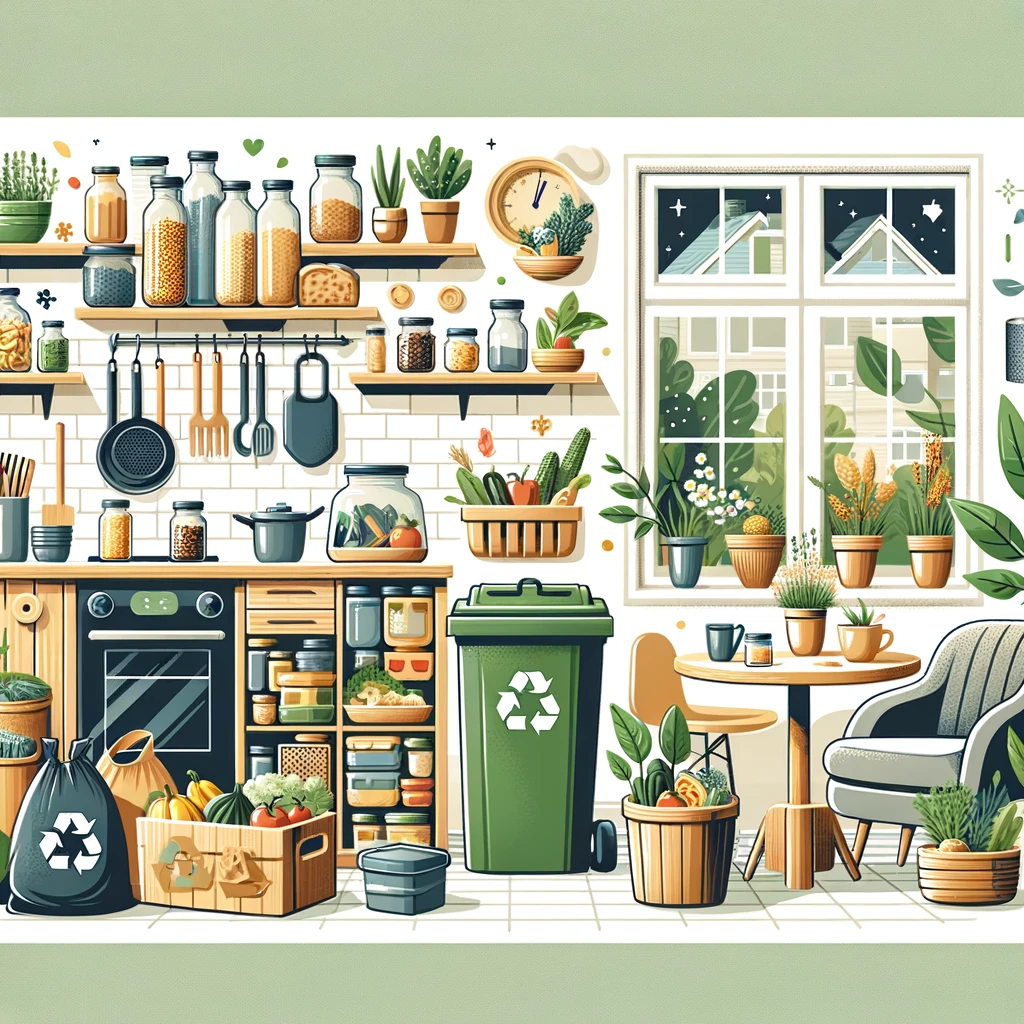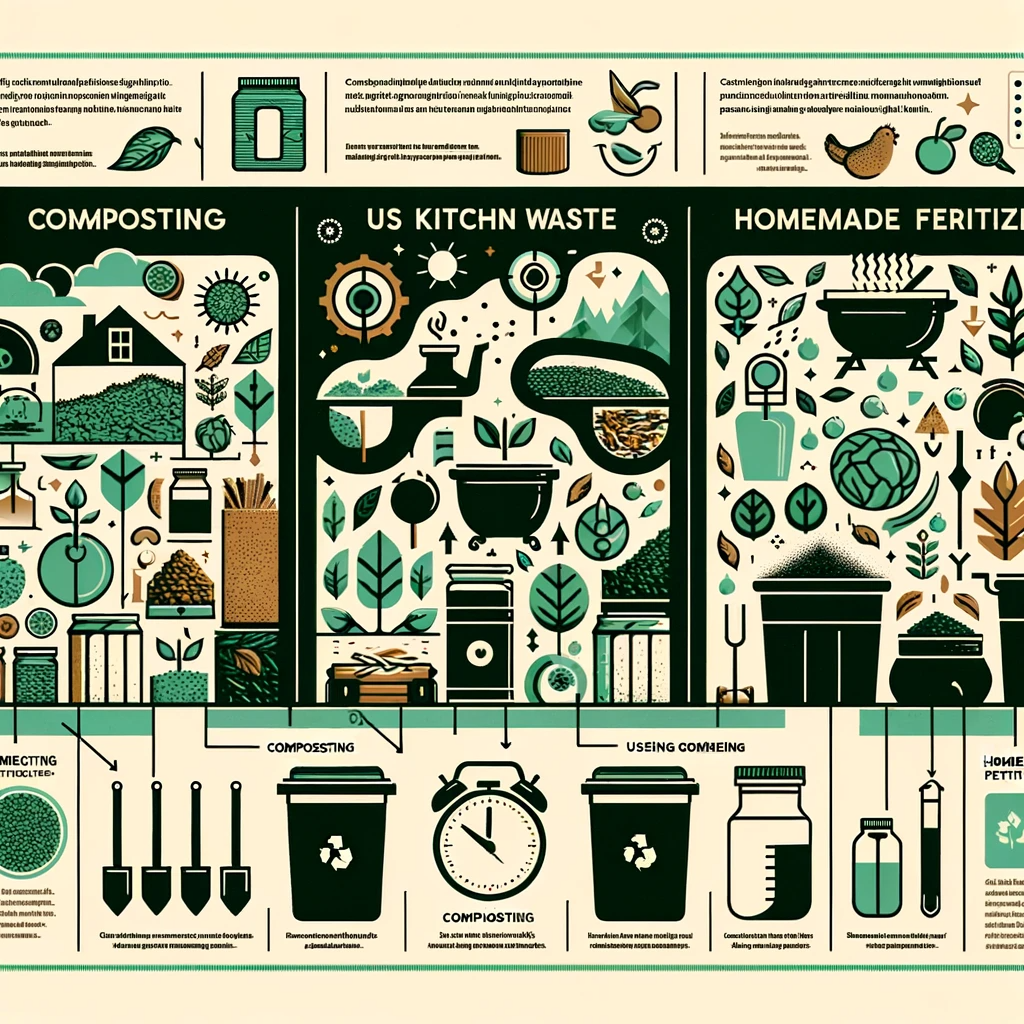Embracing ‘Zero Waste Tips for Home’ is a pivotal step towards a more sustainable lifestyle. This guide is dedicated to helping you make impactful changes in your daily routine to reduce waste.
Among the many strategies for a greener lifestyle, implementing zero waste tips for home can be both rewarding and effective. These practices not only reduce waste but also promote a healthier living environment.
1. Ditch Single-Use Plastics: Initially, start by eliminating single-use plastics from your daily routine. Opt for reusable shopping bags, water bottles, and straws. It’s a small change that can significantly reduce the amount of plastic waste in your home.
2. Embrace Composting: Furthermore, food waste is a huge contributor to landfill waste. Composting your kitchen scraps can turn waste into valuable fertilizer for your garden, thereby reducing your overall waste while enriching the soil.
3. Buy in Bulk: In addition, where possible, buy food and other products in bulk. This not only reduces packaging waste but often saves money. Remember to bring your own containers to avoid unnecessary packaging.
4. Choose Sustainable Products: Moreover, opt for products made from sustainable, eco-friendly materials. Look for items with minimal packaging, or those made from recycled materials.
5. DIY Cleaning Products: Similarly, many cleaning products come in plastic bottles and contain harmful chemicals. Making your own cleaning products with natural ingredients like vinegar, baking soda, and lemon not only reduces waste but also keeps your home free from toxic substances.
6. Repair and Reuse: Before throwing something away, consider if it can be repaired, repurposed, or donated. Consequently, reusing items reduces waste and often sparks creativity.
7. Go Digital: Additionally, reduce paper waste by opting for digital versions of bills, receipts, and tickets. This small step can significantly reduce the amount of paper waste in your home.
8. Conscious Shopping: Also, be mindful of what you buy. Ask yourself if you really need it, if it’s made sustainably, and if there’s a less wasteful alternative.
9. Grow Your Own: If space allows, grow your own fruits and vegetables. Not only is this rewarding, but it also cuts down on the packaging and transportation waste associated with store-bought produce.
10. Educate and Spread Awareness: Lastly, share your journey and knowledge about zero waste with friends and family. Education is a powerful tool in making a larger impact.
To conclude, implementing these steps won’t happen overnight, but each small change contributes to a larger impact. By adopting a zero-waste lifestyle, you’re not only helping the planet but also creating a healthier home environment.









